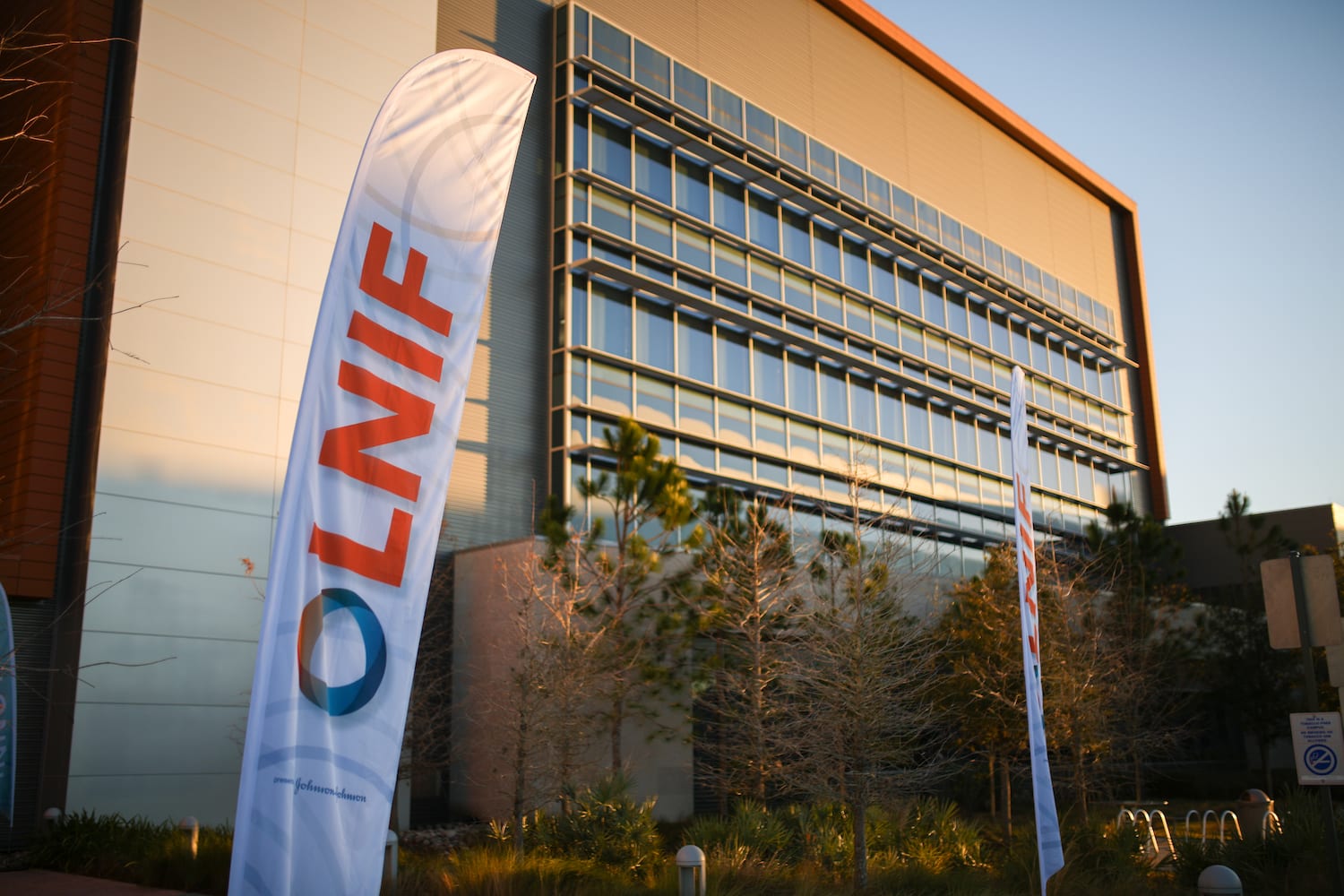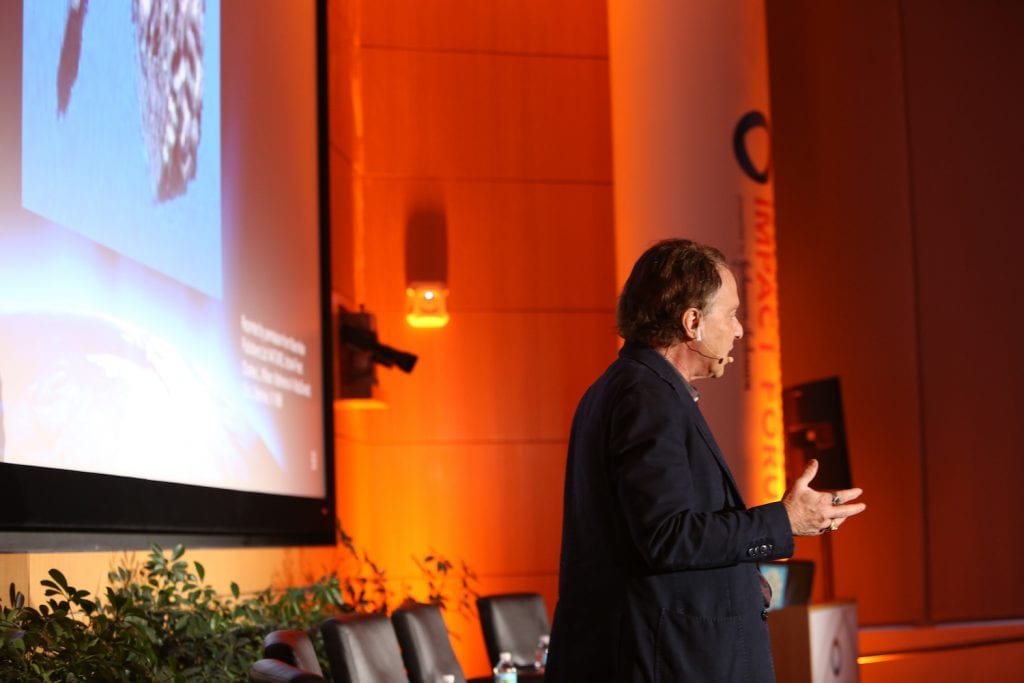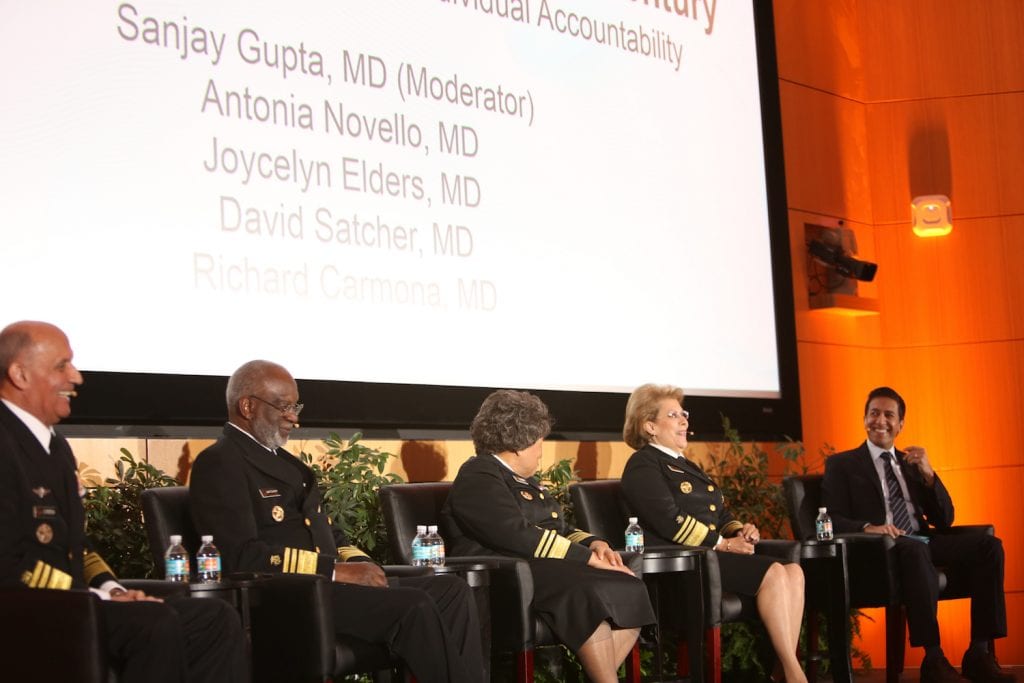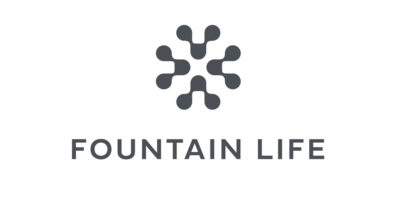
Leading into the final day of the 2017 Lake Nona Impact Forum, the unofficial theme was “convergence” as speaker after speaker discussed ways to bring technologies and people together, thinking exponentially about future health technology applications and gaining insights from those who set health policies at the highest levels.
Throughout the day attendees heard from an army of entrepreneurs working to solve issues of health system inefficiencies, developing next-generation drug therapies and enabling citizen scientists to unlock big data benefits by accessing our health and genomic data. Setting sights on big issues like access to care, achieving real-time, data-based preventative care solutions, and new technologies barely in the concept stage may make major disruptions seem far off, but when predicting the future, Ray Kurzweil told us, technological progressions often prove that big changes are right around the corner.

Called a “restless genius” and “rightful heir to Thomas Edison,” Kurzweil inspired by discussing technology’s predictable, exponential path. With Moore’s Law and the law of accelerating returns promising rapid advances, the implications of which are already seen in our increasingly smaller and more advanced smart phones, the future of radically disruptive health is coming – in genomics, in inexpensive consumer 3D printing, in health-augmenting devices the size of blood cells – and likely sooner than you might think. Imagination may be linear, Kurzweil says, but technology is exponential.

To close the day, an esteemed panel of four consecutive U.S. surgeons general provided insights into the impacts and controversies that emerge in public health leadership. Dr. Antonia Novello, Dr. Joycelyn Elders, Dr. David Satcher and Dr. Richard Carmona took part in an impassioned, enlightening and often humorous discussion on the duties of the office and their experiences with conflicts of policy, politics and good science. When advocating for issues of controversy or crises in mental health, needle exchange, warning labels on tobacco products or the post 9-11 anthrax scare, Dr. Satcher argued that their most important job was “talking directly with the American people about their health and what they can do to improve it.”
The potential and opportunities discussed here at the 2017 Lake Nona Impact Forum inspire us all to look forward and not only imagine what is next but actively work towards it together. “This is what our nation needs,” added Dr. Carmona. “The reason I got involved was the power of possibility.”



